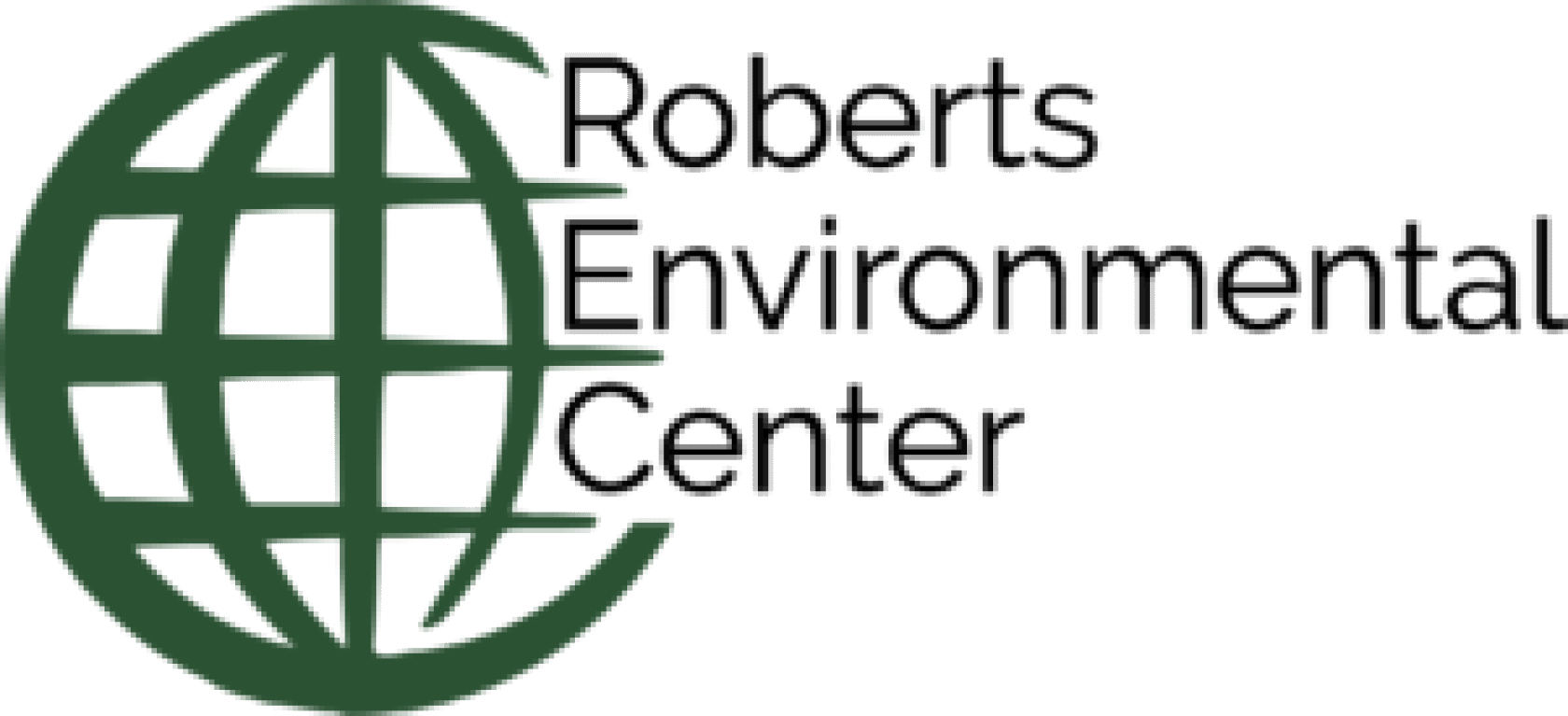Environmental Governance
2016 – 2017 Academic Year Student Projects
LA River Report Card for the Council of Watershed Health
The Environmental Governance team has partnered with the Council for Watershed Health (CWH), a nonprofit dedicated to citizen awareness and environmental stewardship of the Los Angeles River Watershed and its tributaries. Working with the CWH, the team will be working to create a holistic report card for scoring the health of the watershed. Using a wide variety of datasets and past research on projects within the scope of the watershed, the team will formulate a set of indicators for potential scoring of the LA river and its inflows for presentation to the CWH.
Corporate Social Responsibility in Southern California
The team worked to conceptualize the forces behind corporate social responsibility (CSR) projects focused on the environment. The group produced a report on the motivating factors and outcomes of CSR initiatives in southern California. By examining the work of firms above and beyond their regulatory mandates, the team hoped to uncover the best practices for encouraging more environmentally related CSR projects by firms in the area.
Electronic Waste Recycling Across America
The team finished a report on electronic recycling program efficiency in the United States. By examining state-run e-waste programs across the nation, the team was able to discern the best practices for facilitating higher rates of electronic waste recycling for end-of-life processes for consumer goods. The report focuses on an analysis of factors that influence state programs’ efficiency in pounds recycled annually per consumer in the state.
2015 – 2016 Academic Year Student Projects
LA River Report Card for the Council of Watershed Health
The team is created a report card that evaluates the state of the Los Angeles River for the Council for Watershed Health. The goal of the report card was to create a framework to measure the health of the LA River and to help decision makers recognize areas that need improvement. Through extensive research and a field visit to the river, the team drafted a report card with three main buckets of indicators: 1) healthy people, 2) healthy economy, 3) healthy ecosystems. Within each category, the team selected a variety of indicators and their respective assessment thresholds that will be used for scoring. Their hope is to ultimately create a finalized, comprehensive report card as well as communication plan that navigates the unique socioeconomic and ecological conditions of the LA River and that aids in the identification of any imbalances that exist throughout the watershed.
Assessing the Practices and Problems in Water Uses, Rates, and Governance in California
The team continued its progress in mapping the water-pricing structures and rates across California. They completed an analysis of the effect water pricing has on residential consumption behavior in Southern California water districts and finalized a GIS map that visually depicts the pricing data collected. The goal was to model how different pricing intervals influence consumption rates.
2014 – 2015 Academic Year Student Projects
Assessing the Practices and Problems in Water Uses, Rates, and Governance in California
The team continued its progress in mapping the water-pricing structures and rates across California. More complete information about water rates across the huge number of water districts has been secured, and the team statistically analyzed the relationships between rates and water uses.
Modeling the Economic Consequences of Take-back Vouchers for Used Cellphones and Computers to Promote Higher rates of Electronics Recycling
The team developed a revenue-and-cost model for various scenarios of the value of vouchers that electronics manufacturers might consider offering to determine to degree to which greater initial sales and/or customer loyalty could offset the lower revenues per unit. Additionally, they collected the data on the limited experiences of take-back programs for cellphones and computers and ran preliminary Monte Carlo simulations of the results.
Research on Deepening Citizens’ Understandings of Tradeoffs of Alternative Energy Sources Fracking and its Risks
The team developed pre- and post-intervention surveys to determine the scope of considerations that citizens use to assess the risks and opportunities of particular energy sources, with a specific focus on hydraulic fracturing (“fracking”). The intervention consisted of presentations by four Claremont Colleges faculty members on various energy sources. The panel focused on whether exposure to the advantages and disadvantages of multiple sources would induce broader evaluation of fracking through the consideration of relative risks compared to other energy sources. A report was created on the analysis of the findings.
2013 – 2014 Academic Year Student Projects
Water pricing structures
The team examined the pricing structures that California water districts are using and constructed the distribution of increasing block and flat rate pricing systems that residential customers face. They selected a statistically significant sample of California water districts, called the organizations to collect pricing and consumption data, as well as other relevant information, and constructed a model that will be used to analyze the impacts of the type of pricing structure and the marginal price of water on consumption levels. Ultimately, the goal was to reveal current trends in pricing structures, uncover the drivers that cause districts to use each of these pricing structures, and analyze the subsequent implications for water use and conservation.
Groundwater Regulation
The team researched existing groundwater regulation at the state, county, and city levels and constructed a report summarizing the current governance structure in this policy area. They identified conflict areas that have arisen from governance issues through a case study evaluation of recent and ongoing groundwater litigation. Through a close examination of these conflicts, they analyzed the state’s problematic approach to groundwater management and identify specific areas for policy improvements.
Wastewater Reuse
The team provided an overview report of the current graywater governance structure in California. They interviewed various stakeholders, uncovered roadblocks that prevented increased use of graywater systems, and identified suggestions for policy changes that would enable greater wastewater reuse at the local level.
